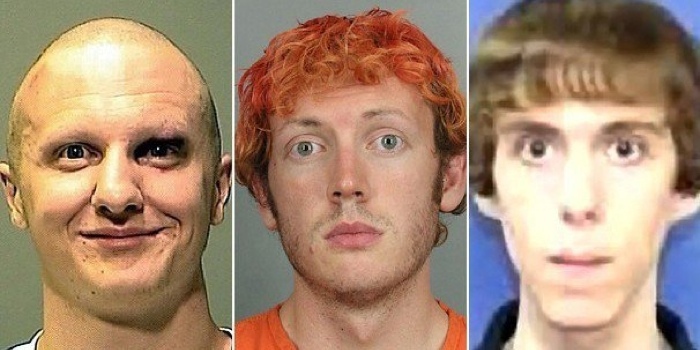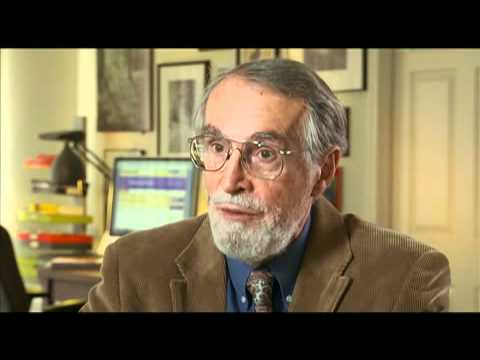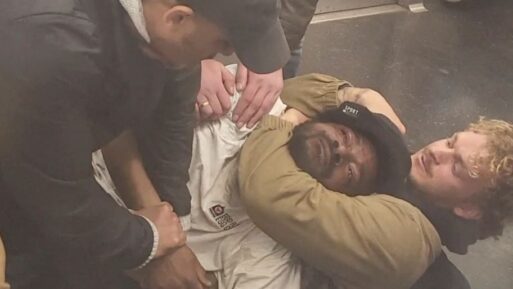That Way Madness Lies… joins PBS Platform April 5th from Sandra Luckow on Vimeo.
(3-22-21) Imagine calling Oregon State Hospital because the police told you they took your brother there.
“I am wanting to get in touch with his case worker.”
A case worker, who doesn’t identify himself, comes on the line.
“My brother is in the hospital and I was wondering if I can find out some information about him.”
“Sorry, due to confidentiality laws I can’t tell you whether he is here or not.”
“I definitely know he is there because the police just told me that they took him to the hospital. I can at least provide information -“
The case worker cuts you off.
“Yeah, I couldn’t do that without telling you whether he is here or not. But you could do that in a letter form. Of course, you can write a letter to anyone. You can write it to the doctor who is in charge of whoever the person is who might be here.”
He hangs up.
Thus begins Sandra Luckow’s powerful documentary “That Way Madness Lies...”
I first wrote about this important documentary in 2017 and now PBS and a division that offers stations programs to customize their schedules has agreed to make it available – but only if each station gets phone calls and emails requesting them to show it. That’s how it works. Otherwise, Sandra must hire a promoter for $10,000 to contact each station to push for showing it – a huge cost for a labor of advocacy. If you belong to a local NAMI or MHA group, you can contact your local station and request a showing.
Also, the film will be available starting April 5th on the PBS streaming service for a short period and then only available free to PBS members.
Please help promote this documentary. It gives readers an unvarnished portrait of what many of us have faced – an adult son who is convinced that he doesn’t need your advice and the bureaucratic hurdles you face navigating a system that is non-responsive.







